Riccardo Dalisi’s first UK retrospective opens at east London gallery Spazio Leone
Spazio Leone draws together six decades of the Italian visionary’s work, from whimsical coffee pots to radical community workshops
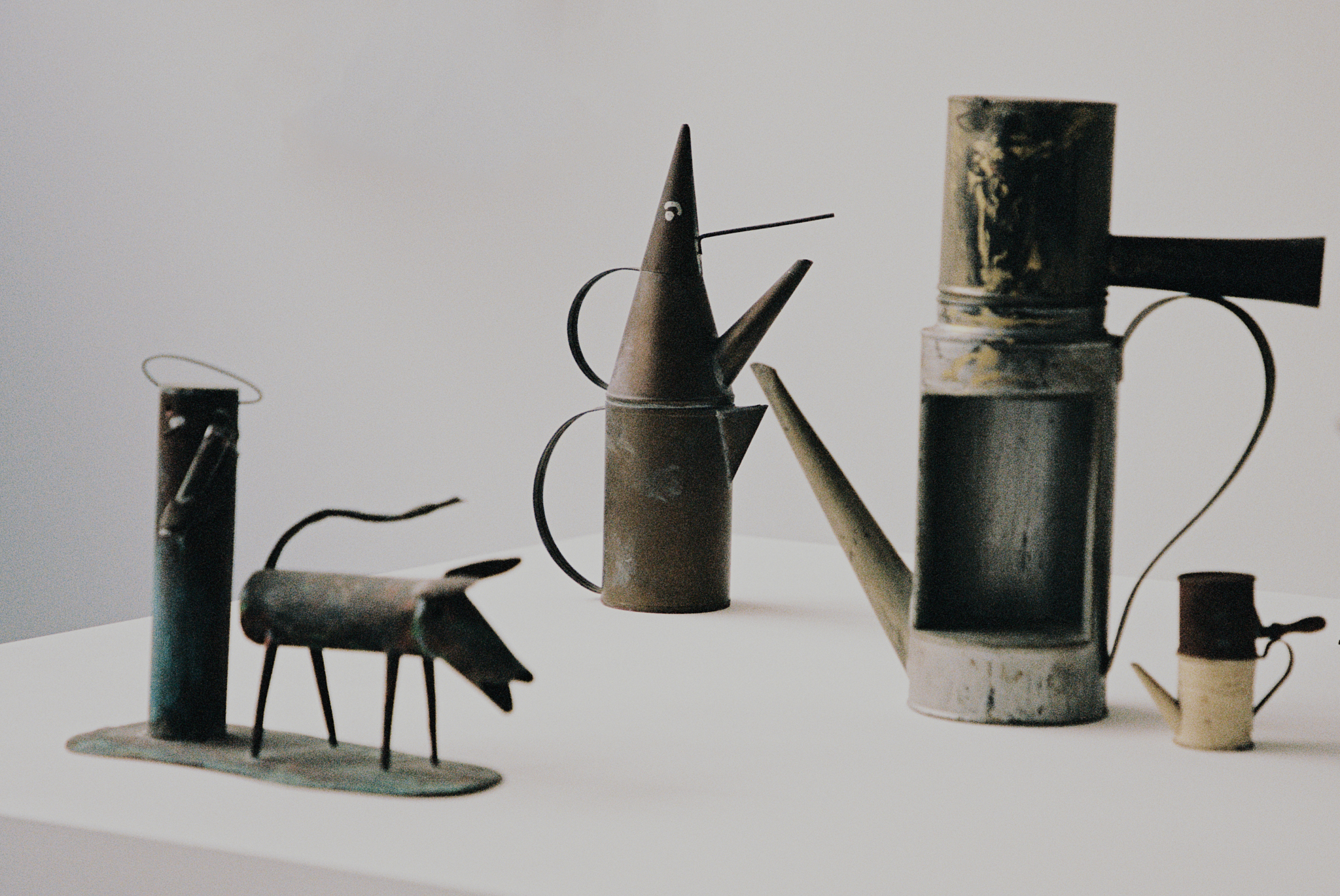
Receive our daily digest of inspiration, escapism and design stories from around the world direct to your inbox.
You are now subscribed
Your newsletter sign-up was successful
Want to add more newsletters?

Daily (Mon-Sun)
Daily Digest
Sign up for global news and reviews, a Wallpaper* take on architecture, design, art & culture, fashion & beauty, travel, tech, watches & jewellery and more.

Monthly, coming soon
The Rundown
A design-minded take on the world of style from Wallpaper* fashion features editor Jack Moss, from global runway shows to insider news and emerging trends.

Monthly, coming soon
The Design File
A closer look at the people and places shaping design, from inspiring interiors to exceptional products, in an expert edit by Wallpaper* global design director Hugo Macdonald.
In a corner of Hackney Downs Studios, a gallery that has become a discreet destination for collectors is preparing to reframe a giant of Italian design. Spazio Leone, founded in 2020 by Napoli-born gallerist Gennaro Leone, has made a name as a source of sculptural, idiosyncratic pieces for London’s top interior designers. Now, in collaboration with designer Oscar Piccolo, it will host the first UK retrospective of Riccardo Dalisi (1931-2022), one of the most radical and playful figures of postwar design.
Running from 26 September-25 October 2025, the exhibition brings together drawings, tin sculptures, furniture, archival film, and community-driven projects that chart Dalisi’s six-decade career. Twice a winner of the Compasso d’Oro, and exhibited internationally from MoMA to the Venice Biennale, Dalisi, in his practice, combined an experimental use of humble materials with a belief in imagination as a democratic force.
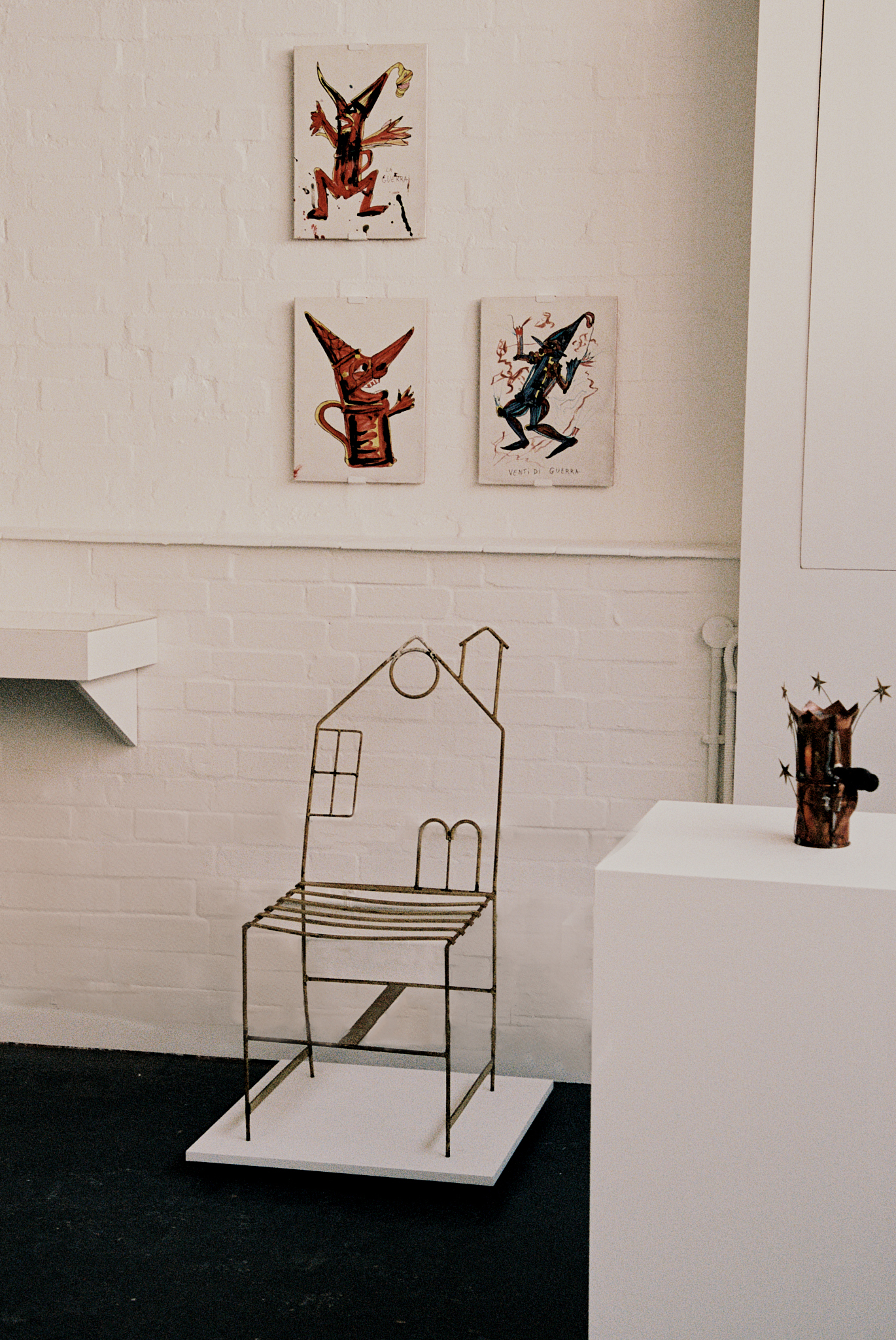
Dalisi’s work is threaded through with social engagement. In Naples, he ran workshops with children and neighbourhood residents, using craft as a form of collective expression. He co-founded Global Tools in the 1970s, a counter-school of design alongside Ettore Sottsass, Alessandro Mendini, and Andrea Branzi, seeking to challenge orthodoxies and experiment with process. His reinterpretations of the Neapolitan coffee pot for Alessi became a symbol of his ability to turn the everyday into something poetic, while his tin sculptures and drawings reflect a whimsical, almost mythological dimension.
At Spazio Leone, these threads are woven together in an exhibition that resists a simple chronology. A sketch sits beside a realised object, a community workshop beside an industrial prototype, underscoring Dalisi’s refusal to separate categories of practice. The gallery is reimagined as a dreamlike landscape populated by fantastical creations, echoing the curators’ own admiration for his boundless imagination. Leone has called it the gallery’s ‘closest and most heartfelt project to date’, while Piccolo notes the influence Dalisi has had on his own work.
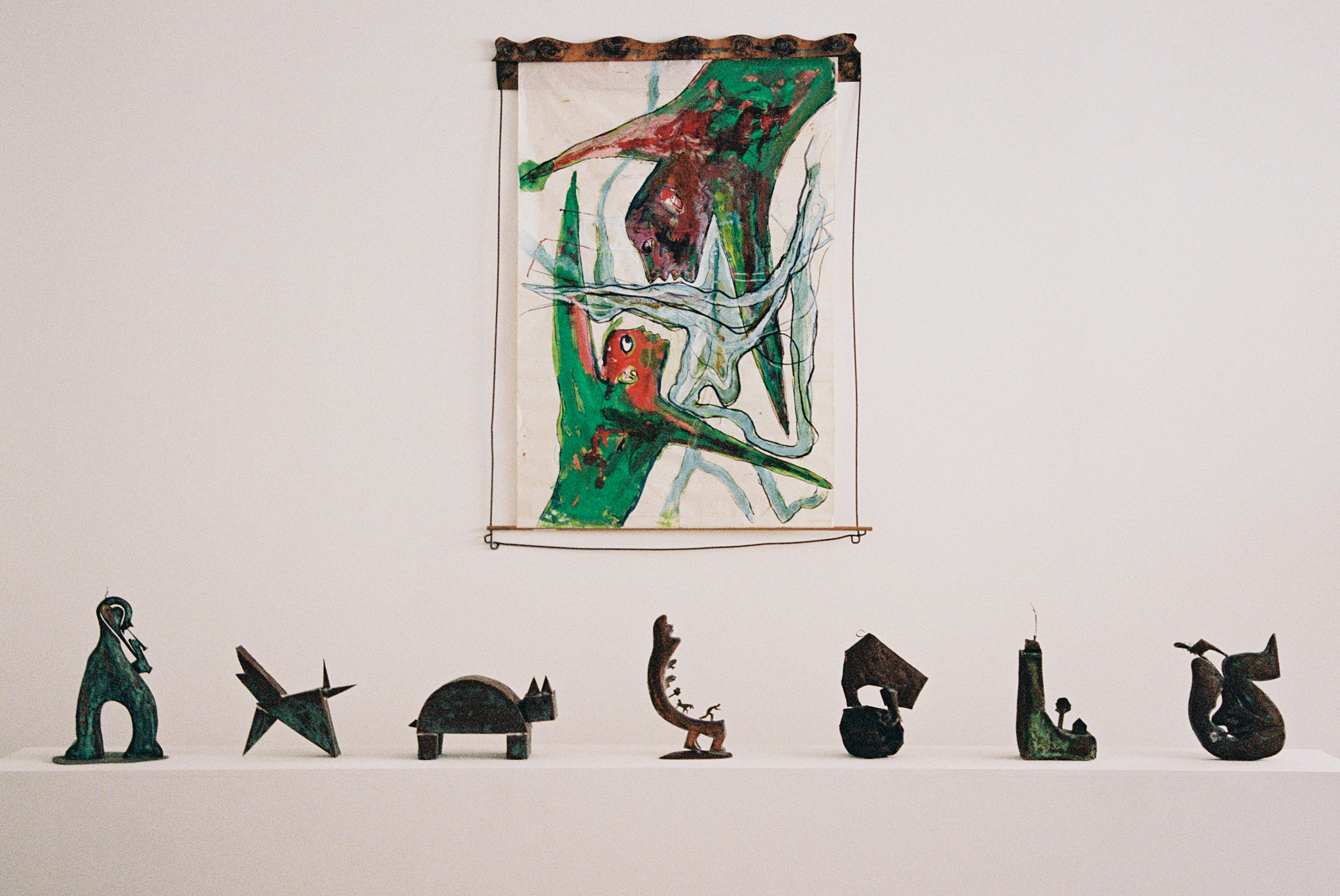
Archival material plays a central role. Drawings reveal Dalisi’s lyrical line, films and photographs bring his community projects to life, and hammered sheets of metal show his sensitivity to form, balancing fragility with structure. Presenting these works across media reflects Dalisi’s own conviction that no single mode of documentation could capture a practice so restless and multifaceted. He once argued that true interpretation required moving beyond faithful reproduction into new figurative expressions – a principle this exhibition takes to heart.
The retrospective is accompanied by a new book of archival imagery, published to coincide with the exhibition. For Ira Palmieri, CEO of Atelier Dalisi, the London presentation represents 'an event of international significance, celebrating the creativity and humanism of one of the most visionary figures in contemporary design and architecture'.
Dalisi’s legacy is anchored both in institutions and in communities. The Centre Pompidou, FRAC Orléans, and Madre di Napoli all hold his work, yet he is equally remembered for his commitment to neighbourhood workshops and artisan collaborations. He treated imagination as a collective resource, capable of reshaping daily life. In this sense, Leone and Piccolo have approached their task less as archivists and more as interpreters, staging a dialogue with Dalisi rather than presenting him at arm’s length.
Receive our daily digest of inspiration, escapism and design stories from around the world direct to your inbox.
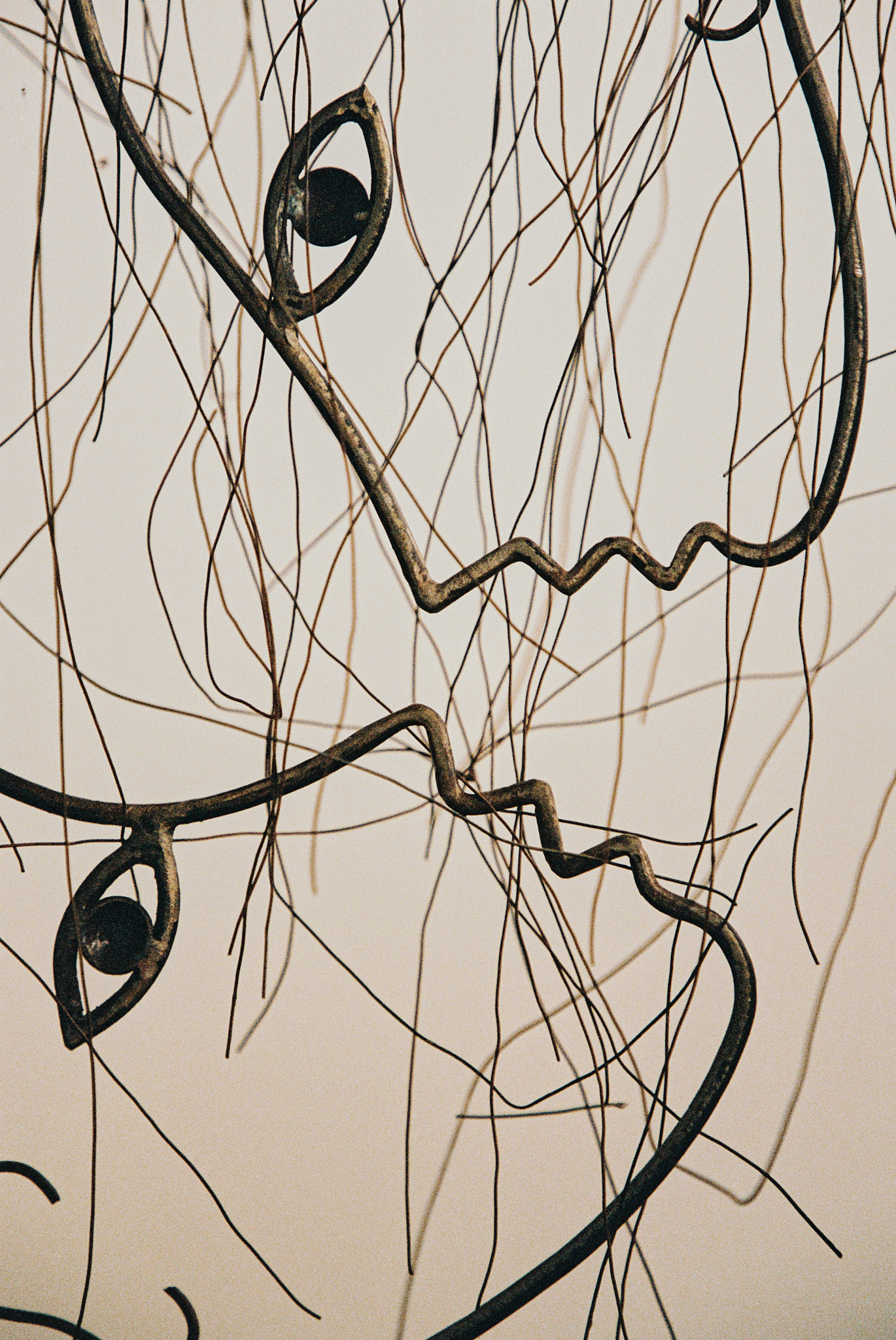
That openness is key. Dalisi once wrote, in reflecting on Antoni Gaudí, that definitive conclusions risked diminishing a practice whose symbolic and material richness was inexhaustible. The same can be said of Dalisi himself. To reduce him to a fixed narrative would be to betray his method, which was always about keeping possibilities alive.
Spazio Leone’s retrospective honours that principle. By placing drawings against objects, experiments against finished works, and myth alongside utility, the exhibition leaves Dalisi deliberately open, presenting him as a figure whose work continues to generate questions and possibilities rather than a chapter neatly concluded. In Hackney this autumn, visitors will encounter an artist whose vision remains strikingly contemporary: a belief in craft as collaboration, in objects as provocations, and in design as a space where imagination renews how we live.
Riccardo Dalisi is on show from 26 September-26 October 2025 at Spazio Leone, spazioleone.com
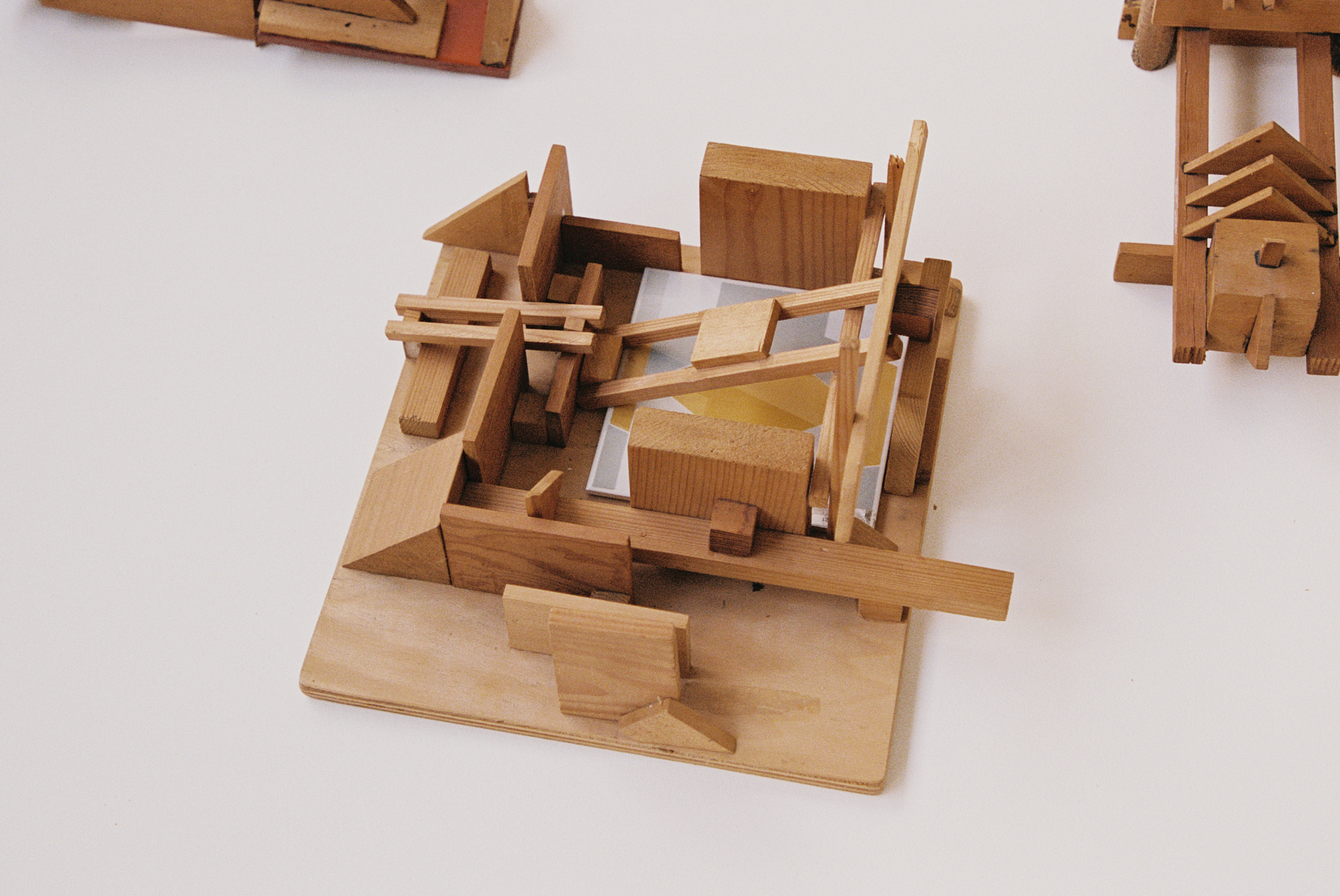
Reeme Idris is an Irish-Sudanese writer based in London. Her work examines how art, design, and travel intersect, often offering nuanced reflections on the role creativity and material culture play in shaping lived experience.